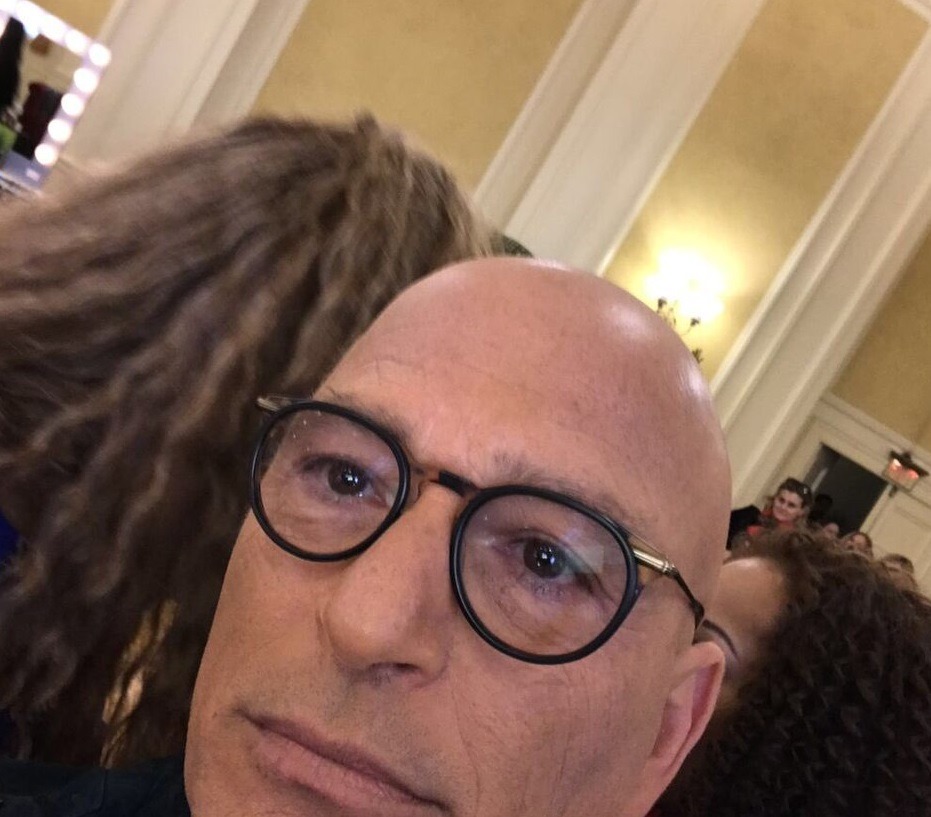KEEPING HOWIE IN OUR THOUGHTS AND PRAYERS.

Howie Mandel, a renowned comedian and television host, has been open about his struggles with health, particularly focusing on his mental health issues. Mandel has been living with Obsessive-Compulsive Disorder (OCD) and Attention Deficit Hyperactivity Disorder (ADHD), conditions that he has spoken about publicly in an effort to reduce stigma and promote understanding. His OCD, which triggers an intense fear of germs, has notably influenced his personal and professional life, leading him to adopt behaviors like avoiding handshakes. Despite these challenges, Mandel has continued to thrive in his career, leveraging his platform to raise awareness about mental health issues. His honesty and advocacy have made him a respected voice in the conversation about mental health, encouraging others to seek help and understand their own conditions better.

Intrusive thoughts and compulsions have always been present in Mandel’s life, but as a child, the “America’s Got Talent” judge said he didn’t know how to label them.
“I wouldn’t learn to tie my shoes because I didn’t want to touch the laces cause they had touched the ground, so everybody bullied me and I didn’t have a friend in school because I just would rather them think I can’t tie my laces,” he told Healthline.
He recalled his younger brother holding up the laundry hamper lid during fights to ward him off.
“I would melt and scream in terror and do anything [he] wanted,” said Mandel.
He also practiced rituals that he needed to execute, such as sitting in a certain way, and he wanted other people to sit in certain ways too, like without their legs crossed.
“Everything bothered me. I just couldn’t move on in life unless things were made my way, not only by me, but everybody who was in my periphery,” he said.
“But it was just [brushed off as] the quirkiness of Howie, not anything that anybody diagnosed or said, ‘well this is strange. This is different. Why is he so obsessed with the washing and the cleaning?’ and all the other things that I needed to do.”
OCD is defined by uncontrollable and recurring thoughts or obsessions and repetitive behaviors (compulsions).
Mandel’s obsessions negatively affected his wife and kids to the point where he made them engage in cleanliness activities, such as:
- washing their hands repeatedly
- putting on gloves
- avoiding touching their phones
- disinfecting everything in the house
“I don’t know if you can imagine what that is like to live with somebody who was trying to make my life so comfortable it kept my children and my wife so busy in this kind of crazy world, so she made me go to a psychiatrist; it was an ultimatum, and I got diagnosed, which lifted a huge weight off my shoulders,” said Mandel.
The fact that Mandel had been living with OCD for more than four decades before getting diagnosed is common, said Dr. Helen Blair Simpson, co-research director of the NewYork-Presbyterian Center for Youth Mental Health and professor of psychiatry at Columbia University Irving Medical Center.
Studies show that one-third of adults with OCD first experienced symptoms in childhood.
“[Delayed diagnosis] is both because the person with OCD might not know what they have and might hesitate telling people about their symptoms, and because clinicians might not ask about OCD or recognize the symptoms,” Simpson told Healthline.
While an OCD diagnosis gave Mandel some relief and hope that there were treatments and methods to manage his condition, he said initially he felt embarrassed and ashamed.
“I didn’t want to tell anybody that I had a mental health problem. I thought that was a sign of weakness. It was embarrassing, so as I sit here and talk to you today this is 180 degrees from where I was in my 40s,” he said.
Much of his initial hesitation to be open about OCD is due to stigma around mental health conditions, particularly OCD.
While Simpson said the stigma is far less in younger generations than in older generations, she believes it still exists.
“What I notice today is that people sometimes still discuss mental health conditions, such as OCD, in a joking manner,” said Simpson. “Just like you would go to a doctor for any physical health condition, it is critical to seek medical attention for any mental health concerns and to treat these conditions with seriousness.”
Society has moved forward in reducing stigma, but Mandel said it still remains, including in the medical field.
“I’ve talked on Capitol Hill to try to get insurance companies to [approach] the funding for mental health the same way they do for physical health,” he said.
“If you break a leg and you have an x-ray, you’ll get it fixed and paid for. If you have a mental health issue and you can’t see it on an x-ray, it’s hard to get diagnosed and taken care.”

